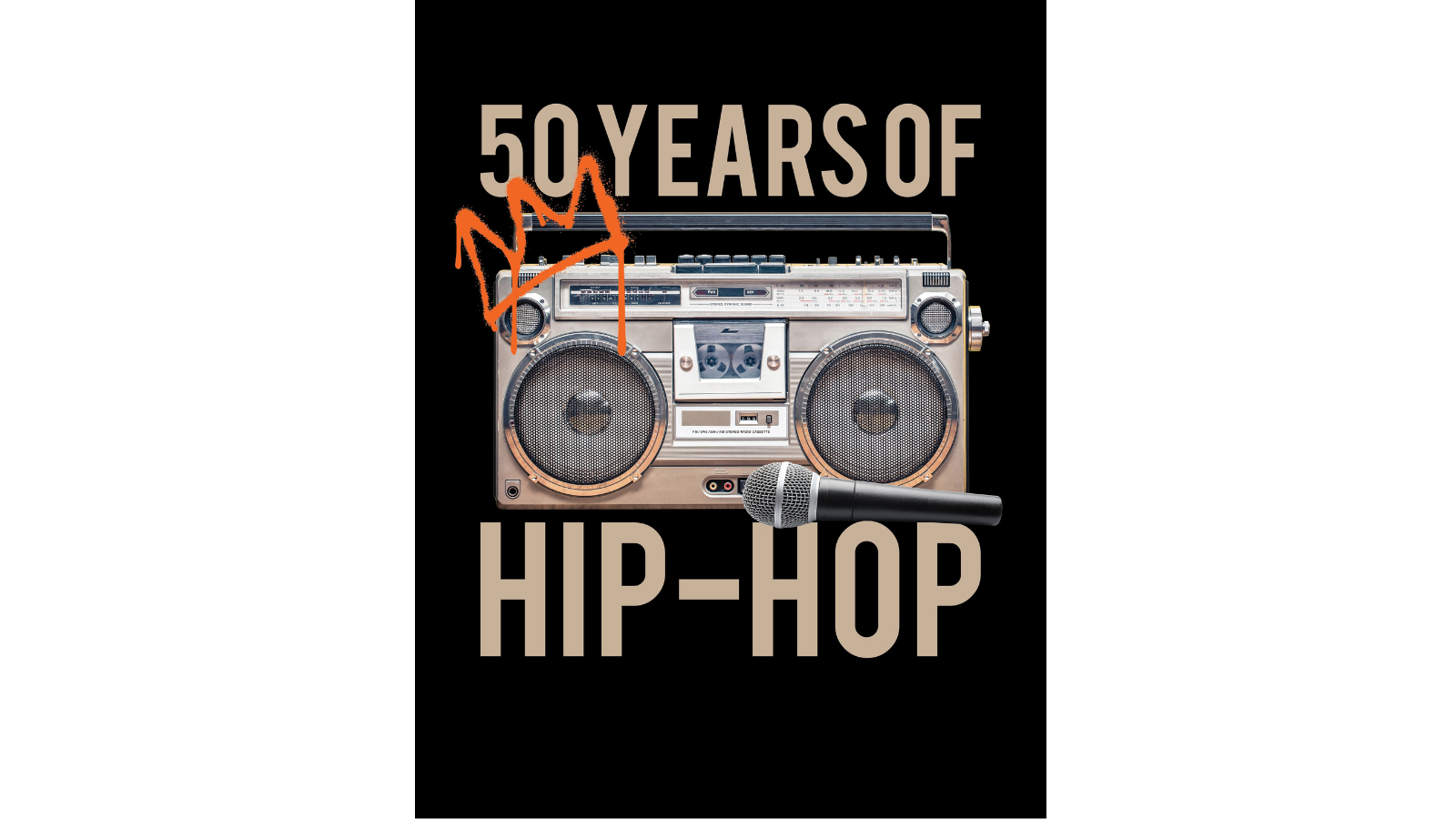News | Event Recap, Community
Focus On…Hip-Hop at 50: A Healthcare Mirror on our Culture

Ryan Health’s Dr. Rashanna Lynch and Dr. Alicia Henderson recently participated in a panel celebrating hip-hop's 50th anniversary hosted by Hot 97.1 FM at Madison Square Garden, recognizing hip-hop’s impact on health and the community. Dr. Lynch is the Interim President & CEO, and Chief Medical Officer of Ryan Health, and Dr. Henderson is the Senior Director of Mental Health at Ryan Health. They shared some of their thoughts.
Hip-Hop has always reflected societal changes. How does it influence health and wellness discussions?
“Since its origin, hip-hop has been a mirror and a driver of society's challenges, aspirations, and daily life,” Dr. Lynch says. “Healthcare evolves in response to societal needs, and hip-hop provides an auditory snapshot of public health. It mirrors life's highs and lows.
“We all know good health is a fluctuating journey,” she continues. "The beats and flows of Hip-Hop compare to our experiences — sometimes effortless, others chaotic.”
Dr. Henderson agrees that the rhythm of Hip-Hop shapes conversations about well-being.
“Hip-Hop conveys raw emotion. That could be anger, pain, joy, or hope,” Dr. Henderson explains. “For mental health practitioners, these dynamic elements offer an insight into the collective psyche of a community. Hip-Hop underscores the importance of community, shared experiences, and unity. Those are essential for mental well-being.”
Can you share examples of how Hip-Hop has inspired healthier lifestyle choices?
According to Dr. Lynch, “Hip-Hop has often shaped perceptions of health and lifestyle choices. Some have even motivated healthier habits. Songs often touch upon community struggles, systemic inequalities, and personal challenges, highlighting the broader drivers of health that are visible yet often not connected to healthcare in the public’s mind. For instance, songs that discuss the pitfalls of drug addiction or substance abuse have underscored the importance of early intervention and public health campaigns.”
‘Personal stories of mental health struggles in hip-hop have shaped my understanding of societal pressures and individual challenges,” Dr. Henderson says. “There are pathways for dismantling the stigma around mental health in hip-hop culture. For instance, Charlamagne tha God’s Mental Wealth Alliance is an excellent example of an organization working to destigmatize mental health in Black communities.”
“Jay-Z has openly discussed his experiences with therapy. Missy Elliott opened up about battling anxiety and depression,” Dr. Henderson says. “Such revelations are crucial in normalizing mental health conversations within communities that traditionally view them as taboo.”
How can Hip Hop artists use their influence to promote health awareness and positive change in local communities while still maintaining their creative expression?
“We’d love to collaborate with a performer to highlight vaccination drives or mental health initiatives at our centers,” Dr. Lynch says. “When artists showcase healthy habits in their music videos or on social media, it sets an example for fans to emulate.”
Each lyric or appearance has the power to heal and uplift. Sharing personal health journeys, struggles, and triumphs can resonate with audiences, making the message relatable and authentic.
“When artists share their struggles and triumphs with physical or mental health, it resonates deeply with fans,” Dr. Henderson says. “Such openness destigmatizes health challenges and encourages others to seek help. An artist's journey can illuminate the path for many.”
The impact of hip-hop on our culture is undeniable. Encouraging artists to incorporate positive messages about health and well-being will significantly influence fans. They’ll become aware of the possibilities when they’re healthy.